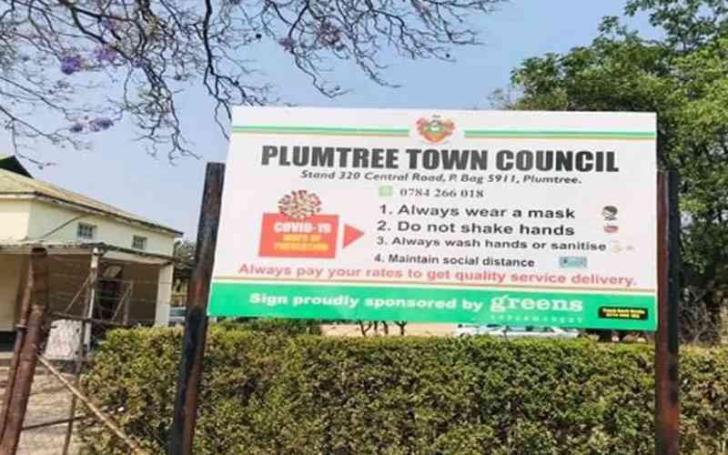News / National
Resident backlash forces Plumtree to scrap US$12 levy
4 hrs ago | Views

Plumtree Town Council has scrapped the controversial infrastructure development levies imposed on residents and businesses earlier this year, following a wave of opposition from the local community.
The monthly US$12 levy for residents and the US$35 fee for businesses, which were introduced at the start of 2025, have been suspended with immediate effect. The levies were initially intended to fund key infrastructure projects, including the rehabilitation of the sewer system, improvement of roads, and installation of public lighting across the town.
However, after a series of tense public consultation meetings held between June 30 and July 3, residents from all six wards overwhelmingly rejected the charges, citing a lack of transparency, accountability, and tangible progress from previous development initiatives.
During the consultations, residents questioned the council's handling of past projects, including an incomplete sewer rehabilitation effort, and demanded clarity on how funds had been used in the past. Many accused the council of failing to deliver on previous promises while continuing to place additional financial burdens on the community.
In a public statement issued on Monday, July 8, the council acknowledged the widespread dissatisfaction and announced the suspension of the levy. The council also promised to reimburse collected levies by crediting them to individual ratepayers' accounts.
"Residents and Stakeholders are advised that following the ward engagement meetings, Council has resolved to suspend the collection of the infrastructure levy for the year 2025. Collected levies will be credited to the respective clients' rates accounts," the statement read.
The local authority reaffirmed its commitment to addressing Plumtree's infrastructure needs but said it would now take a more consultative and transparent approach to development planning and resource mobilisation.
The now-suspended levy had been expected to contribute towards a ZWG27 million budget for town-wide infrastructure upgrades. With that plan now on hold, the council is expected to return to the drawing board to explore alternative funding models that take into account community input and ensure greater financial oversight.
The development marks a rare reversal of a local authority decision under resident pressure, underscoring growing demands for public accountability in municipal governance.
The monthly US$12 levy for residents and the US$35 fee for businesses, which were introduced at the start of 2025, have been suspended with immediate effect. The levies were initially intended to fund key infrastructure projects, including the rehabilitation of the sewer system, improvement of roads, and installation of public lighting across the town.
However, after a series of tense public consultation meetings held between June 30 and July 3, residents from all six wards overwhelmingly rejected the charges, citing a lack of transparency, accountability, and tangible progress from previous development initiatives.
During the consultations, residents questioned the council's handling of past projects, including an incomplete sewer rehabilitation effort, and demanded clarity on how funds had been used in the past. Many accused the council of failing to deliver on previous promises while continuing to place additional financial burdens on the community.
In a public statement issued on Monday, July 8, the council acknowledged the widespread dissatisfaction and announced the suspension of the levy. The council also promised to reimburse collected levies by crediting them to individual ratepayers' accounts.
"Residents and Stakeholders are advised that following the ward engagement meetings, Council has resolved to suspend the collection of the infrastructure levy for the year 2025. Collected levies will be credited to the respective clients' rates accounts," the statement read.
The local authority reaffirmed its commitment to addressing Plumtree's infrastructure needs but said it would now take a more consultative and transparent approach to development planning and resource mobilisation.
The now-suspended levy had been expected to contribute towards a ZWG27 million budget for town-wide infrastructure upgrades. With that plan now on hold, the council is expected to return to the drawing board to explore alternative funding models that take into account community input and ensure greater financial oversight.
The development marks a rare reversal of a local authority decision under resident pressure, underscoring growing demands for public accountability in municipal governance.
Source - The Chronicle





































